The fifth year of the RSA Pupil Design Awards culminated this month in an inspiring final event at Hanbury Hall in Shoreditch.
Once again, the next generation of designers have impressed us with a range of exciting, innovative and impactful solutions to some of society’s most pressing problems.
View the 2019 RSA Pupil Design Awards Winners below
Finding a little bit of magic: how the RSA Pupil Design Awards work
With the RSA Pupil Design Awards, our aim is to reverse preconceptions about the role of design in today’s world.
Through the programme, we show young people (aged 12-17) that design is about much more than what looks good. It’s about finding innovative and sustainable solutions to the significant challenges that face humanity.
We show the participating students how they can apply design thinking to solving issues today and that the skills they are developing could set them up for a career in design, providing social and sustainable solutions for future challenges.
With this in mind, the RSA Pupil Design Awards sets three briefs each year that challenge secondary school students to design a solution to a social issue. This year, students have been grappling with:
- The relationship between our food, health and wellbeing (You Are What You Eat)
- The increasing prevalence of loneliness across society (Connection Correction)
- The importance of work experience in helping students to understand the employment market both now and in the future (Let’s Get To Work)
The briefs are deliberately broad to encourage students to use their research skills to identify and investigate a specific part of a wider issue.
As they’ve progressed through the design process, entrants have been supported by their fantastic teachers and nine wonderful mentors. The mentors are all previous winners of the RSA Student Design Awards, the 90-year old social design competition for university students, and ‘big sister’ to the Pupil Design Awards.
From a competitive pool of around 70 entries, our 14 finalists impressed the judges with their ability to engage with human-centred design principles and methodologies, applying them to social challenges to create meaningful solutions brimming with a little bit of extra magic.
For example, one of the winning designs (Cornflake Blue) identified the misinterpretation of food portion sizes as a major cause of overeating and discovered a theory that some colours suppress appetite. The group’s interviews and practical experiments led to their innovative and exciting idea, perfectly bottling that extra bit of magic the judges were looking for in the designs.
Supporting Design & Technology departments, building confidence: why teachers take part in the RSA Pupil Design Awards
It’s not just about the students. Although the programme is aimed foremost at encouraging secondary school pupils to engage with human-centred design, it’s also designed to encourage teachers to interrogate the design thinking process.
The programme kicked off with teacher training (delivered in partnership with Fixperts). The sessions provided teachers with new tools for structuring the time students spent on their project, a plan for how the competition might live within the curriculum or as an extracurricular activity, and explored different ways to get students thinking and acting like designers.
When asked about why they were taking part in the competition, many teachers responded that they were driven to do so to raise the profile of Design & Technology (D&T) in their school.
Many departments are experiencing budget squeezes, fewer teaching hours, and a year-on-year decrease in exam entries. These pressures seem to be having an impact on the number of students continuing to study design: 2019 entries for D&T GCSEs stand at 90,805 - down from 117,605 in 2018 and 270,401 in 2010. The RSA Pupil Design Awards gives D&T departments the opportunity to communicate the vast range of benefits of design thinking for their students.
We also saw teachers in subjects like English, PSHE, and Science taking part this year and praising the project for improving students’ confidence, organisation, teamwork and delegation – all important transferrable skills vital for navigating the choppy waters of the future.
Programmes encouraging creativity help young people make a difference, whatever their background
The RSA’s report on ‘Teenagency’ found that despite adults associating teenagers with terms like ‘selfish’ ‘lazy’ and ‘antisocial’, 68% of young people participated in volunteering or other forms of social action.
The research also showed that young people who consider themselves “creative” are significantly more likely to believe they could make a positive difference in their communities than those who do not. Programmes like the RSA Pupil Design Awards, that give young people opportunities to be creative and to see that they can make a difference in the world, are particularly important for those from less affluent backgrounds who are less likely to access the cultural, social and economic capital available to many of their peers.
This is illustrated by recent research from Action for Children, who declared a ‘crisis of childhood’, with “young people facing unparalleled social pressures at the same time as a drastic reduction in children’s services”. Such pressures include poverty, inequality, the environment, Brexit, sexism and racism, with children from low-income families significantly more likely than their wealthier counterparts to report concerns.
We know that these young people can solve the issues facing their communities. That’s why we have to provide them with the opportunities and encouragement to do so.
RSA Pupil design awards 2019 winners
With thanks to Comino Foundation and Four Acre Trust for supporting the RSA Pupil Design Awards.
Year 7 & 8
(In our Year 7 & 8 age category, the judges were so impressed by what they saw that they chose two winning teams)
Chloe Gouls, Rosie Davis, Chloe Hodgson and Lewis Dillon, Ipsley CE RSA Academy
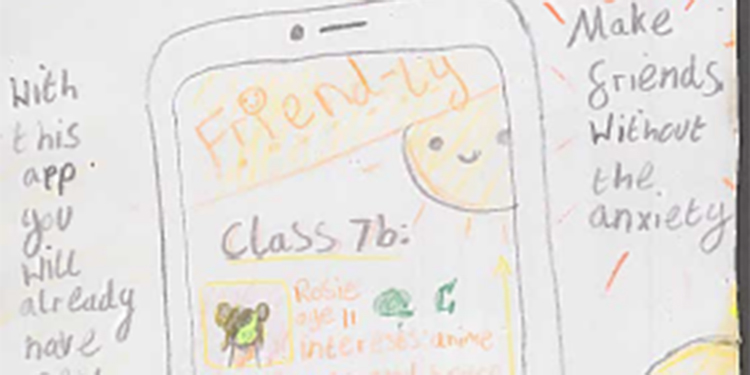
Friendly Friends, an app that combats loneliness among young people by helping pupils moving to a new school to make friends based on shared interests, fully integrated into the school’s safeguarding system.
Mya Begum and Niseni Gamage, King Edward VI Handsworth School for Girls
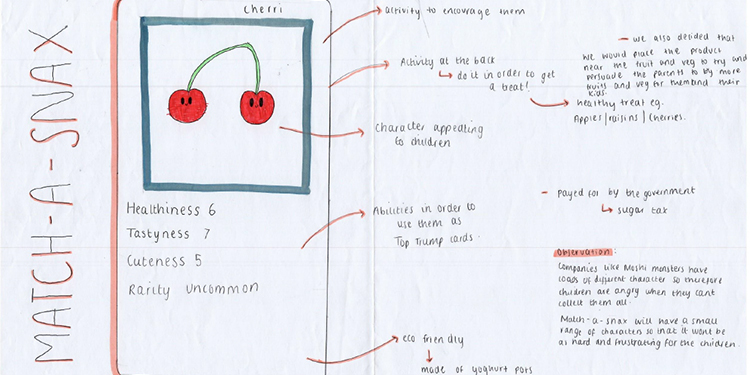
Match-A-Snax, a collectible card game which provides a creative and fun way to educate users about healthy food choices.
Year 9 & 10
Avani Rai and Lakshue Baskaran, King Edward VI Handsworth School for Girls
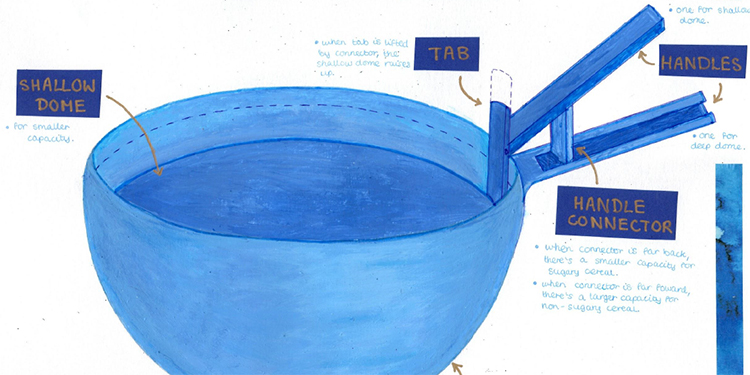
Cornflake Blue, a bowl with an adjustable base that controls portion sizes for the user, coloured blue based on the theory that this suppresses the appetite.
Year 12
Ria Mistry and Usman Fahir, Beauchamp College
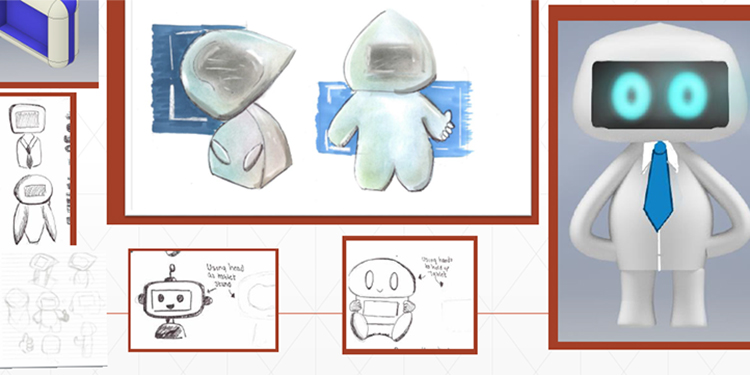
R.O.B. (Robot of Business), an interactive system that teaches pupils valuable skills such as how to write CVs and prepare for interviews.
Related articles
-
Five reasons to take part in the 2018-19 RSA Pupil Design Awards
Sam Grinsted
Sam Grinsted introduces the RSA Pupil Design Awards competition with a look at why schools should take part this year.
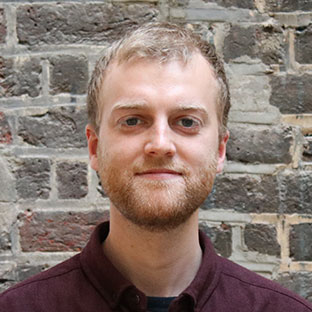

Be the first to write a comment
Comments
Please login to post a comment or reply
Don't have an account? Click here to register.